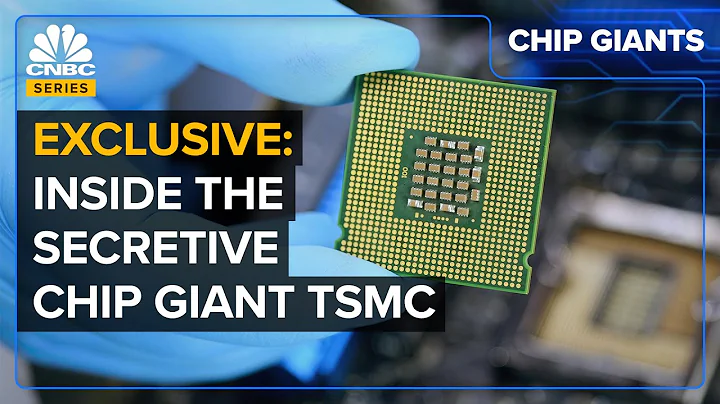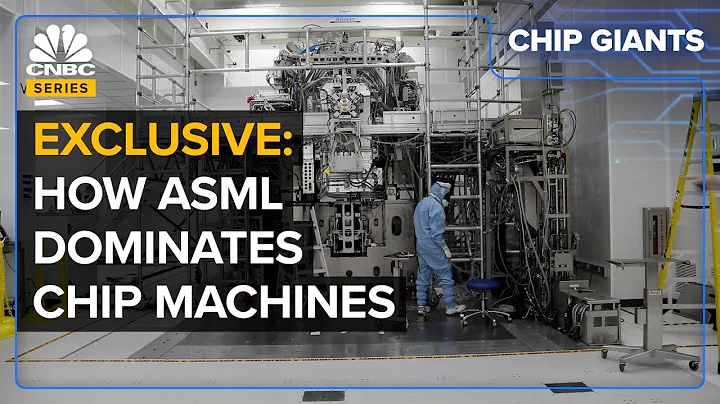December 24, DigiTimes quoted sources as saying that TSMC plans to start commercial production of chips based on its 3nm process in the fourth quarter of 2022. The full report has not yet been released, so further details cannot be provided at this time.

Many media believe that Apple will release its first batch of devices using 3nm TSMC process chips in 2023, including the Mac series equipped with M3 chips and the iPhone 15 models using A17 chips.
It is well known that chips using advanced processes will have certain improvements in performance and energy efficiency, which will help future Mac and iPhone devices achieve faster operation speeds and longer battery life.

It is understood that some M3 chips will have four chip dies and therefore can support up to 40-core CPUs. In comparison, the M1 chip currently only has an 8-core design, although the M1 Pro and M1 Max chips have 10-core CPUs.
Apple’s M1 and A15 chips are currently industry-leading processors, so Apple seems to be in no hurry about the 3nm process and is expected to maintain its leading position in a few years.
Previously, Luo Zhenqiu, general manager of TSMC Nanjing Company, said that TSMC will launch a 5nm automotive electronics process platform in March next year, and automotive process products will comply with all automotive safety rules.

At the same time, he also revealed that TSMC will launch the Nanosheet/Nanowire transistor architecture at the 2nm node and use new materials.
Luo Zhenqiu finally said that TSMC will significantly increase expenditures starting from this year. From 2021 to 2023, it will invest more than US$100 billion on the basis of already expanded production. The
Nanosheet/Nanowire transistor should replace FinFET ( fin field effect transistor ). Unlike and Samsung , which directly launched GAA (surround gate transistor) on 3nm, TSMC 3nm (at least the first generation) still continues FinFET.

Information shows that FinFET (also known as 3D transistor) was invented in 1999 by Chinese professor Hu Zhengming. He was the chief technology officer of TSMC. The first generation of FinFET was mass-produced by Intel at the 22nm node in 2012. At that time, TSMC and Samsung were still stuck in the 28nm process.
Until the Bulk CMOS process technology came to an end at 20nm, the FinFET and FD-SOI processes invented by Professor Hu allowed Samsung/TSMC's 14nm/16nm to continue Moore's Law .















![In Memory of the Beloved Premier Zhou [懷念敬愛的周總理] — Wang Jun 1976 | Chinese patriotic song - DayDayNews](https://i.ytimg.com/vi/_LadkbJntUY/hq720.jpg?sqp=-oaymwEcCNAFEJQDSFXyq4qpAw4IARUAAIhCGAFwAcABBg==&rs=AOn4CLDbVjMeHVx3W1VKa78XWQK7bNBB-w)






